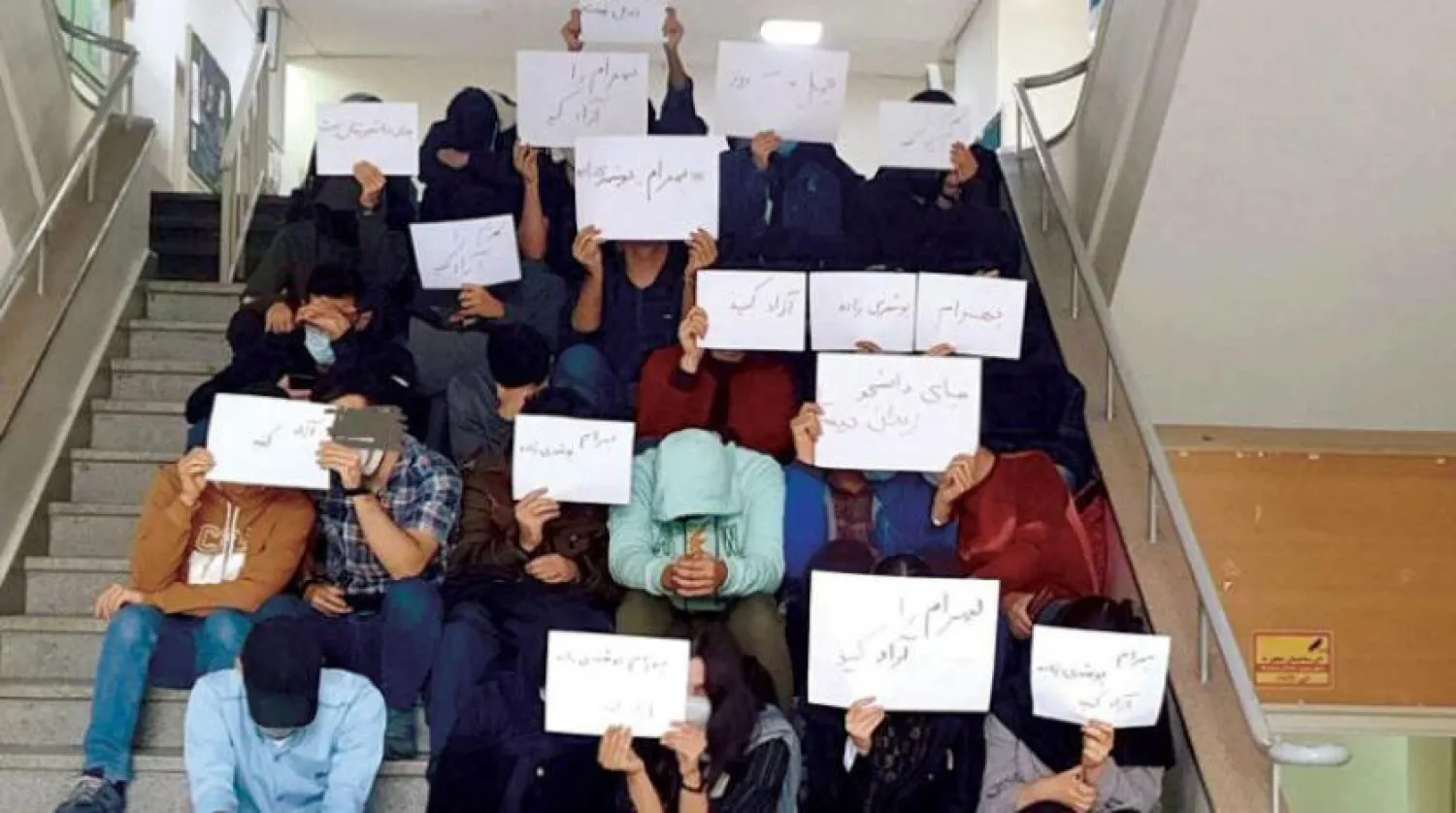The regime in Iran is not only dealing with widespread turmoil at home but also is facing isolation abroad. Its oppressive crackdown on protesters has led to around 339 deaths since 22-year-old Kurdish Mahsa Amini died in police custody last September, according to human rights groups.
While demonstrators continue to employ various tactics to push onward with their anti-regime protests, Iranian Supreme Leader Ali Khamenei sent a delegation headed by Ali Haj Akbari to the Baluchistan province, where over 120 individuals were shot dead by security forces.
Besides being a representative of Khamenei, Akbari is also Tehran’s Friday sermon preacher.
Government media reported that Akbari was carrying a proposal for a “special initiative” to help resolve problems in the southeastern province. He also relayed Khamenei’s “sadness and condolences” for those killed in the unrest.
Meanwhile, the Iranian government issued a critical response to German Chancellor Olaf Scholz, who had used his weekly video podcast to express support both for protesters in Iran and for further EU sanctions against the regime in Tehran.
Scholz's “provocative, interfering and undiplomatic” comments would cause “damage over the long term,” Foreign Ministry spokesman Nasser Kanaani said on Sunday.
Kanaani also criticized a recent meeting between the French president and opponents of the Iranian regime, describing Emmanuel Macron's comments after the encounter as “regrettable and shameful.”
President Macron met four prominent Iranian dissidents on Friday. One of the four women is the daughter of an Iranian who was shot dead by security forces in the western city of Kermanshah.
The meeting with the four women took place as protests continued in Iran following the death of Amini.
Friday’s meeting between Macron and the dissidents was “a flagrant violation of France's international responsibilities in the fight against terrorism and violence,” said Kanaani.
During the meeting, Macron praised the dissidents for the “revolution” they are leading and stressed that France has “respect and appreciation” for what they are doing.









